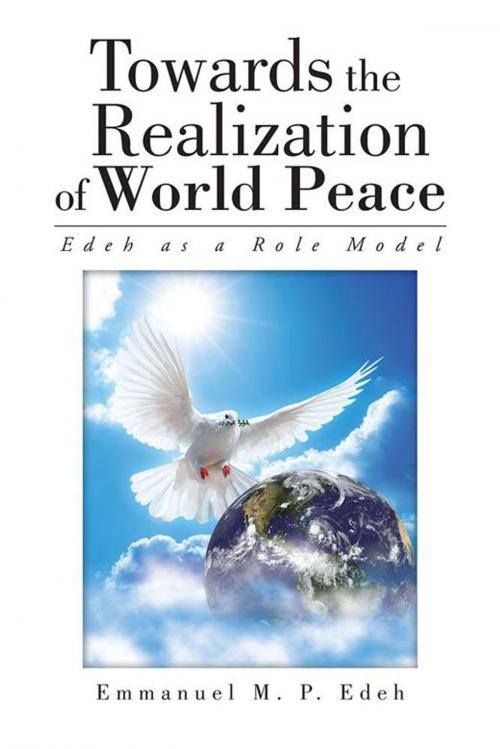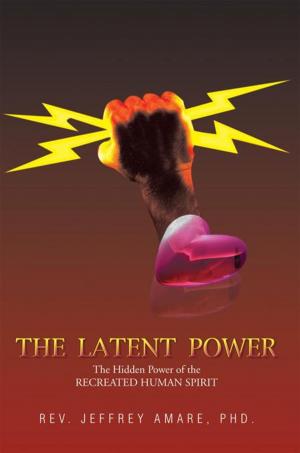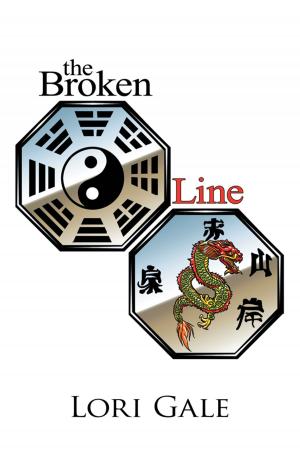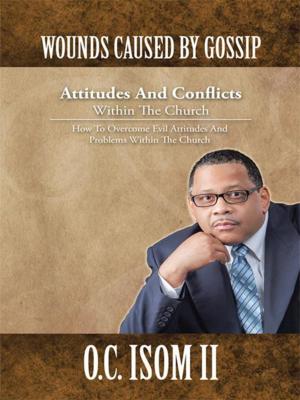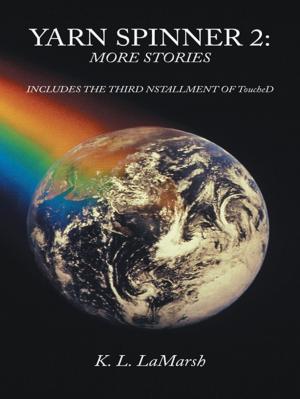Towards the Realization of World Peace
Edeh as a Role Model
Nonfiction, Religion & Spirituality, Philosophy, Metaphysics| Author: | Emmanuel M. P. Edeh | ISBN: | 9781504913850 |
| Publisher: | AuthorHouse | Publication: | June 19, 2015 |
| Imprint: | AuthorHouse | Language: | English |
| Author: | Emmanuel M. P. Edeh |
| ISBN: | 9781504913850 |
| Publisher: | AuthorHouse |
| Publication: | June 19, 2015 |
| Imprint: | AuthorHouse |
| Language: | English |
The history of mankind has been dominated by wars, violence, restiveness, hunger, political and economic revolution, which are seemingly engineered by gross quest for political power, economic gain, territorial boundary, negative national pride, selfishness, greed, unwarranted man inhumanity to and cultural dominance. It is obvious from all indications that the driving force behind these wars are either quest for peace, social justice, political emancipation, etc. Regrettably, instead of peace, these wars have rather brought about hatred, fear, mutual suspicion, and perpetual agitation of the unknown. Consequently, even those who claim to be pursuing the courses of peace through war have found themselves in a more confused state because they live in fear of the vanquished that could turn against them any day. Those who have been conquered also live in fear as the victor becomes arrogant and inconsiderate. Realizing that the world is in dire need of peace, the general assembly of the United Nation Organisation (UNO) resolved on September 7, 2001, to observe September 21 as the International Peace Day. The assembly deemed it necessary, for the sake of peace, to observe that day as a day of ceasefire and non-violence. This was a way of bringing to public awareness the necessity of peace. The desire for peace was evident in that a number of agencies were founded by UNO to promote and foster peaceful coexistence among nations. But the question that still remains unanswered is, what are the achievements of these agencies over the years? It is obvious that warring nations even keep killing themselves on the eve of the International Peace Day. What a tragedy! Fr. Edeh observes that peace can be enthroned if and only if the dignity and essence of man is cared for, loved, and respected. For him, the dignity and essence of man stem from the fact that man is created by God who is good in se. Hence, man is good, that is, Mmadi. To fully realize the ontological goodness of man, Edeh insists that African philosophy should not be thought of in terms of theoretical and rational speculation but a lived philosophy of African culture, language, and religious background, which must be expressed in practical terms. Thus, the primary aim of this mission of practical and effective charity is to bring peace to the world by bringing peace to the heart of individuals who are abjectly poor, sick, marginalized, unemployed, and uneducated irrespective of race, colour, creed, social status, religion, or physical condition. This book therefore contains Fr. Edehs understanding of man as a dignified being because of his participation in the being of his creator (God).This concept of man stems from the African philosophy, which is as practical as it is theoretical. Consequently, pursuing peace, according to Edeh, has to go beyond just holding of conferences and presenting long speeches. He maintains that stakeholders in this all-important venture must put down certain concrete realities that will better the fate of man. His role model here is worth imitating if only world peace is to be truly realized.
The history of mankind has been dominated by wars, violence, restiveness, hunger, political and economic revolution, which are seemingly engineered by gross quest for political power, economic gain, territorial boundary, negative national pride, selfishness, greed, unwarranted man inhumanity to and cultural dominance. It is obvious from all indications that the driving force behind these wars are either quest for peace, social justice, political emancipation, etc. Regrettably, instead of peace, these wars have rather brought about hatred, fear, mutual suspicion, and perpetual agitation of the unknown. Consequently, even those who claim to be pursuing the courses of peace through war have found themselves in a more confused state because they live in fear of the vanquished that could turn against them any day. Those who have been conquered also live in fear as the victor becomes arrogant and inconsiderate. Realizing that the world is in dire need of peace, the general assembly of the United Nation Organisation (UNO) resolved on September 7, 2001, to observe September 21 as the International Peace Day. The assembly deemed it necessary, for the sake of peace, to observe that day as a day of ceasefire and non-violence. This was a way of bringing to public awareness the necessity of peace. The desire for peace was evident in that a number of agencies were founded by UNO to promote and foster peaceful coexistence among nations. But the question that still remains unanswered is, what are the achievements of these agencies over the years? It is obvious that warring nations even keep killing themselves on the eve of the International Peace Day. What a tragedy! Fr. Edeh observes that peace can be enthroned if and only if the dignity and essence of man is cared for, loved, and respected. For him, the dignity and essence of man stem from the fact that man is created by God who is good in se. Hence, man is good, that is, Mmadi. To fully realize the ontological goodness of man, Edeh insists that African philosophy should not be thought of in terms of theoretical and rational speculation but a lived philosophy of African culture, language, and religious background, which must be expressed in practical terms. Thus, the primary aim of this mission of practical and effective charity is to bring peace to the world by bringing peace to the heart of individuals who are abjectly poor, sick, marginalized, unemployed, and uneducated irrespective of race, colour, creed, social status, religion, or physical condition. This book therefore contains Fr. Edehs understanding of man as a dignified being because of his participation in the being of his creator (God).This concept of man stems from the African philosophy, which is as practical as it is theoretical. Consequently, pursuing peace, according to Edeh, has to go beyond just holding of conferences and presenting long speeches. He maintains that stakeholders in this all-important venture must put down certain concrete realities that will better the fate of man. His role model here is worth imitating if only world peace is to be truly realized.
